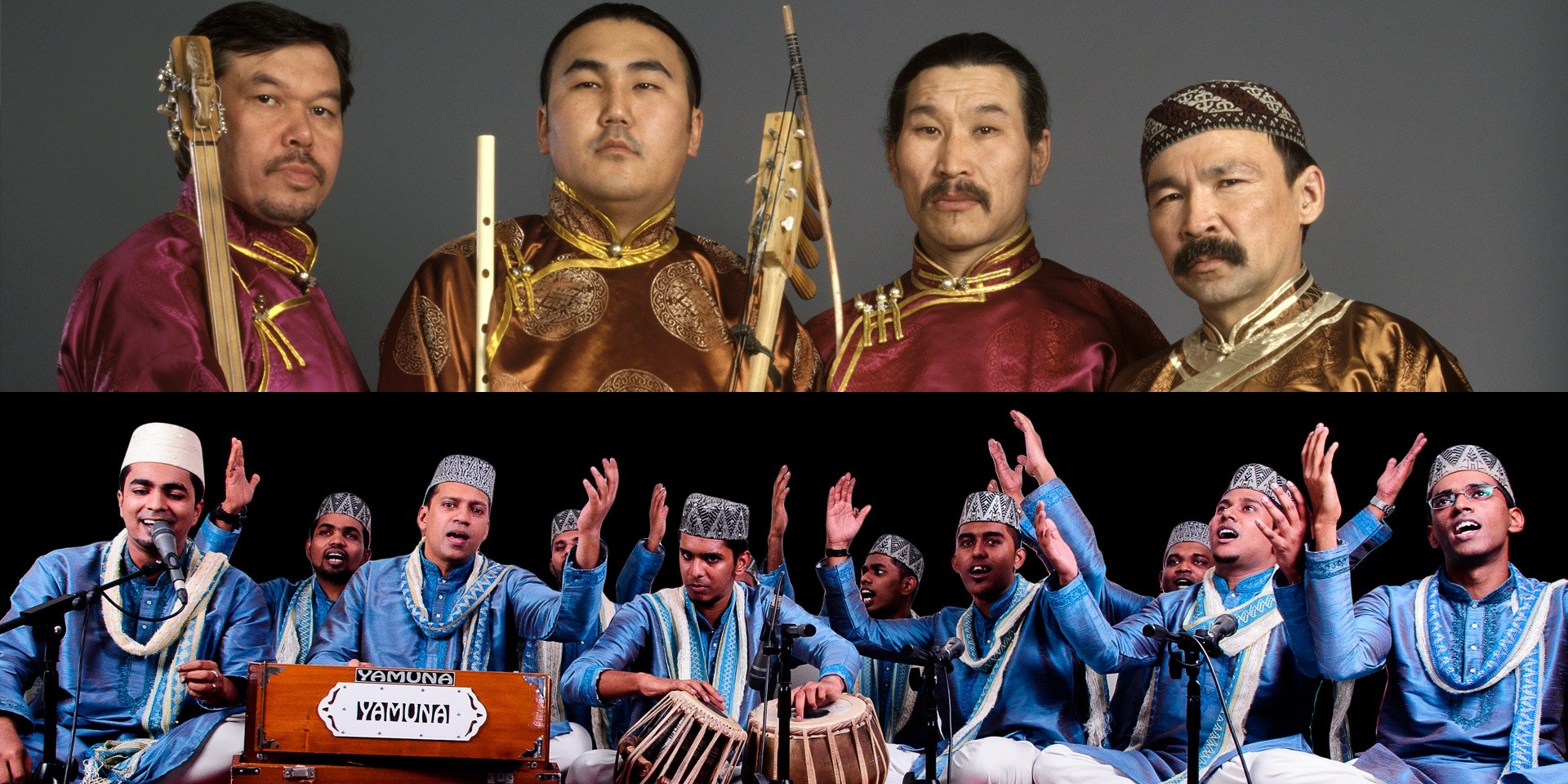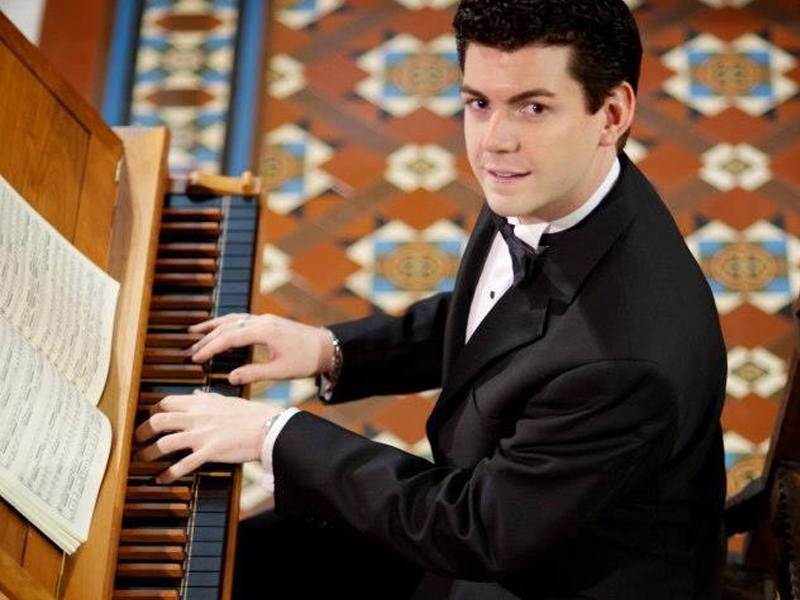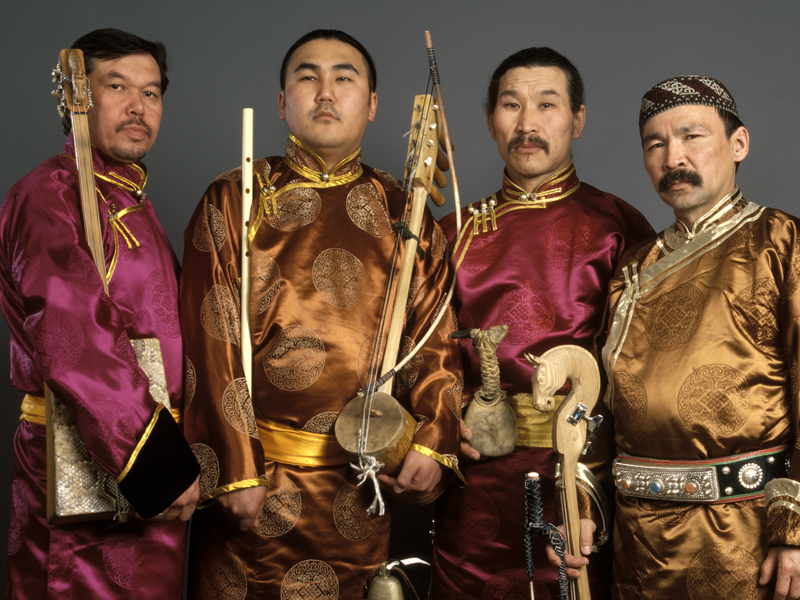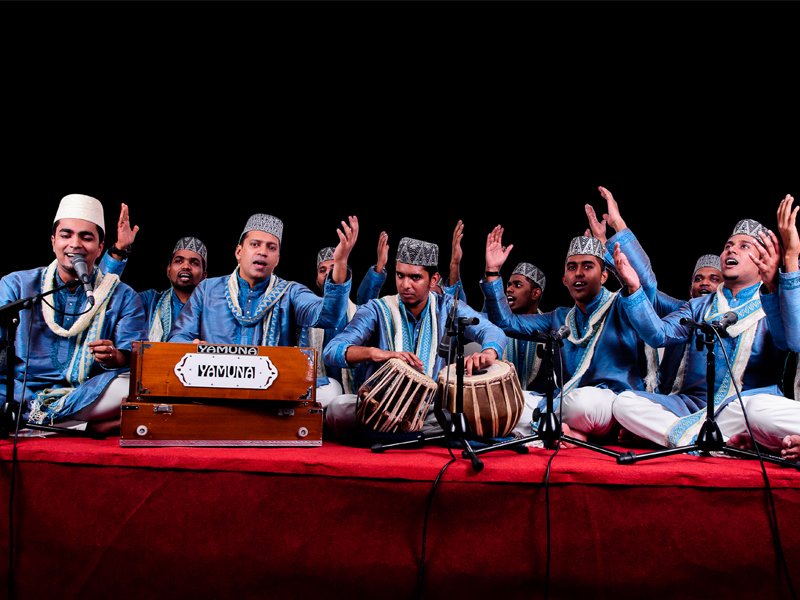Presented by the Esplanade – Theatres on the Bay
A Tapestry of Sacred Music is a music festival at the Esplanade that focuses on the artistry and music inspired by faith, practised by communities all over the world. The festival turns 10 this year – that’s a decade of beautiful music inspired by faith and spirituality, art forms practised and revered by communities all over the globe.
Often, these performances of sacred music are not easily accessible outside the communities they are practised in. Their music comes in myriad forms, from melismatic devotional songs to ceremonial percussion, each artist in their own way a torchbearer of their tradition.
This year, A Tapestry of Sacred Music brings back some of the highlighted of previous years, bringing together the practitioners who have touched the hearts and minds of audiences in Singapore. Here are five programmes to look out for.
A Tapestry of Sacred Music runs from 20 to 22 April 2018 at the Esplanade. All programmes are free. Members of the public who wish to make a contribution can do so here. Click here to see all programmes.
Liturgical songs of Istanbul
Because of its tumultuous history of invasion and conquest and its position as the capital of both the Byzantine and Ottoman empires, the country known today as Istanbul has an unbelievably rich cultural diversity. Istanbul’s religious music is truly multi-faceted, comprising Jewish mystic music, Sufi ceremonial music and Eastern Orthodox hymns.
The sheer range of sacred music to be found in Istanbul will be showcased in a special performance by the Kudsi Erguner Ensemble, led by Kudsi Erguner, one of the foremost masters of the Turkish reed flute (also called the ney) and an authority on traditional Sufi music. Erguner has dedicated his life to introducing the world to Ottoman music, and in 2016 was designated a UNESCO Artist for Peace. There’s no one better to introduce Singapore to the richness of Istanbul’s sacred music.
The Kudsi Erguner Ensemble will perform on Saturday, 21 April from 8 to 9.15pm at the Esplanade Concert Hall.
Pipe organ recital by Jeremy Woodside
Did you know the Esplanade is home to the largest pipe organ in Singapore? These massive instruments are a sight to behold, and the one housed at the Esplanade was built by German organ builders Johannes Klais Orgelbau, with a total of 4,470 pipes and 61 stops.
All that machinery goes towards creating sound that overwhelms in its grandeur, which helps explain why organs have such an integral role in church music from the Christian and Catholic traditions. For A Tapestry of Sacred Music, New Zealand organist Jeremy Woodside will take to the keys for a programme of English, German and French works from the 17th to 21st century, including Bach, Max Reger and Franck.
Jeremy Woodside’s pipe organ recital will take place on Sunday, 22 April from 3 to 4pm at the Esplanade Concert Hall.
Mystic songs of the Bauls
Who are the Bauls? Hailing from rural Bangladesh and West Bengal, the Bauls are mystic minstrels who belong to a syncretic religious sect known for their liberation from convention and passionate expressions of love for the divine. Their music, which has been recognised by UNESCO as a Masterpiece of the Oral and Intangible Heritage of Humanity, is a huge influence on Bengali culture, particularly on the poetry and music of Rabindranath Tagore.
To experience the intense, breath-taking music of the Bauls, turn to Parvathy Baul, artist, instrumentalist, educator and the most renowned female Baul performer in the world. In the next three months alone, she will perform in Singapore, Hungary, Paris and Japan, taking the Baul tradition – whose religious threads include Sahajiya Buddhism, Turkish Sufism and Bengali Hinduism – all around the world. She has been lauded for her vocal virtuosity, most evident in her mastery of pitch and tone all while playing instruments and dancing.
Parvathy Baul will perform at the Esplanade Concourse on Friday, 20 April from 9.15 to 10pm and Saturday, 21 April from 4.30 to 5.15pm and 7.15 to 8pm.
Throat singers of Tuva
Throat singing (also known as overtone singing), is a unique musical form that has flourished in the specific region of Tuva between Siberia and Mongolia for centuries. Practised mainly by Tuvan herdsmen, throat singing is the art of singing two or more notes at a time via manipulation of the throat muscles.
Tuvan throat singing is inextricable from the vast, windy plains of the region, with its long histories of herding, wrestling, shamanism and folklore. The animistic worldview of Tuva identifies the spirituality of natural objects not just in their shape, location but also their sound. As such, the human mimicry of natural sounds is the fundamental root of throat singing.
Huun-Huur-Tu are some of the most prominent practitioners of Tuvan throat singing, having collaborated with the likes of The Kronos Quartet and most recently, electronic producer Carmen Rizzo. They practice xöömei, the most popular style of Tuvan throat singing, a softer droning style where the singer changes pitch via a combination of movements of the lips, tongue, throat and jaw. If that sounds hard to visualise, let alone comprehend, you can not only watch Huun-Huur-Tu perform, but take a throat singing workshop with them too.
Huun-Huur-Tu will perform at the Esplanade Concourse on Saturday, 21 April from 10.15 to 11.15pm, and at the Esplanade Outdoor Theatre on Sunday, 22 April from 9.15 to 10.15pm.
Qawwali – exaltation and ecstasy
Qawwali music is ever-changing. An enrapturing form of devotional Sufi music practised in Afghanistan, Pakistan and India, it became popularised by legendary Pakistani singer Nusrat Fateh Ali Khan, who performed both at Sufi shrines and concert halls across the West. Qawwali has even found its way into rap music via samples, and still continues to evolve as it travels.
Though qawwali is typically sung in Urdu, South Indian Muslims who have been deeply influenced by the genre sing in their own vernacular, and often use instruments they’ve encountered in their migrations: the Malay frame drums, or kompang, for example, which South Indian Muslim migrants were introduced to upon arriving in the Malay Peninsula.
This results in a unique style of qawwali that exalts the divine and reflects its unique cultural context. Bringing qawwali music to Esplanade audiences this year is the Nurulhuda Islamic Ensemble, which has been passing on musical traditions (including that of the kompang) over generations and providing a safe, nurturing environment for youth since 1983. Besides the kompang, expect the barrel drum (or dhol) and harmonium.
The Nurulhuda Islamic Ensemble will perform at the Esplanade Outdoor Theatre on Friday, 20 April from 8 to 8.30pm, Saturday, 21 April from 9.15 to 10pm, and Sunday, 22 April from 7.45 to 8.30pm.
Like what you read? Show our writer some love!
-





